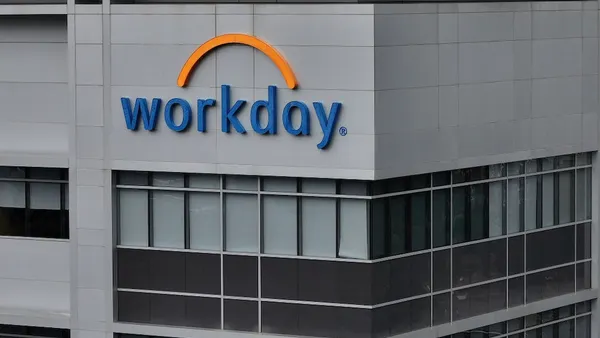Dive Brief:
- More than half (59%) of cancer patients and survivors said they're worried about possible changes in the nation's healthcare policy taking away protections for pre-existing conditions, according to a new national survey by Cancer and Careers, a U.S. non-profit organization committed to empowering and educating people with cancer to thrive in their workplaces. Most of the respondents also said they're concerned about escalating out-of-pocket costs, possible changes to lifetime limits, and annual caps that would impact their access to healthcare. Harris conducted the poll of 882 cancer patients and survivors who are either working or unemployed but job hunting.
- But HR is not likely to receive a disclosure of a cancer diagnosis from employees; only 26% of respondents shared their diagnosis with HR. Those who did speak with HR asked after guidance on balancing work and life, and many came away feeling supported, understood and relieved. One in five felt stressed and worried, however.
- Survey results show that employers, specifically HR teams, can have a critical role in supporting cancer patients and survivors in the workplace; 79% of respondents agreed that patients and survivors whose employers support them are more apt to thrive in the workplace.
Dive Insight:
Work is known to help people through crises, such as an illness or a loss. In fact, most of the respondents in the Cancer and Careers survey (64%) said that working while undergoing treatment helped them cope with their medical condition, and even more (69%) agreed that working helped with their treatment and recovery. With work playing such an important role in the lives of workers with serious illnesses, support from employers and HR teams can help cancer patients and survivors remain productive and vital in the workplace.
Commenting on the results of the annual Cancer and Careers survey, Rebecca Nellis, MPP, Cancer and Careers' executive director, said in a statement: "Our data reinforces what we've heard from working people with cancer for nearly 20 years. If an employee wants to work after a cancer diagnosis, it is essential that companies create and emphasize supportive policies to assist them."
Generally, employers could do more to help all of their workers understand their health plans. According to an HSA Bank white paper, only 10% of employers believe workers understand their health plans. While open enrollment is a key time to teach employees about their benefits, it can no longer be the only time that employees are communicated with about the company's offerings. Normalizing benefits communication could also provide relief to employees with cancer, who may feel more confident bringing their needs to HR when issues arise.












